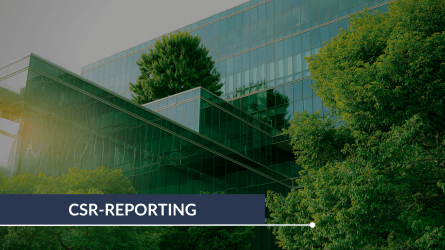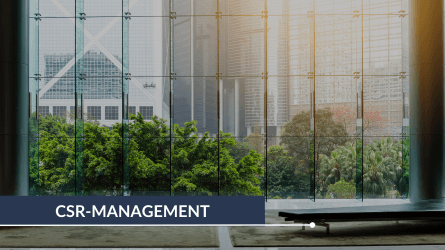ESG is not only a moral imperative but also a smart business strategy. Embracing ESG practices can enhance brand reputation, foster strong stakeholder relationships, and attract and retain top talent. It can also lead to operational efficiencies, cost savings, and risk mitigation. By integrating ESG into our business, we ensure long-term resilience and create value for our organization and stakeholders.
When does sustainability start to pay off? Here are some examples that illustrate its benefits:
- Resource Efficiency: By avoiding excessive resource usage, minimizing rejects and waste, and improving occupational safety to reduce downtime, working sustainably can lead to cost savings and operational improvements.










